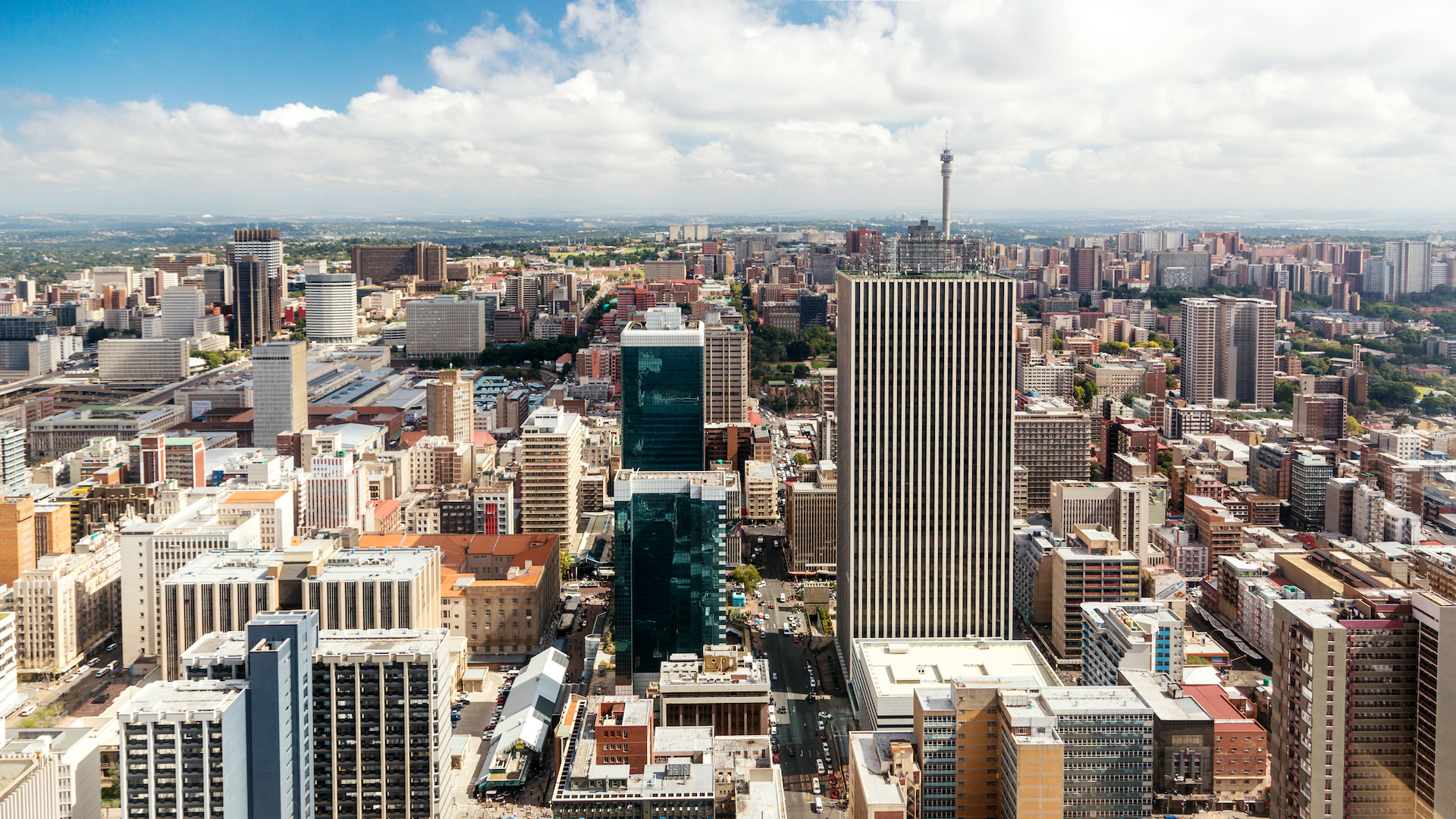
When the DMV gives you a driver’s license, you have the ability to drive wherever you want. They give you the responsibility, and then you are on your own. There are no weekly gatherings of people with driver’s licenses. There is no need to know the names of other licensees or to care for one another. There are no driver’s-license pastors or shepherds whose work is to make sure you are growing in your understanding of motor vehicle safety.
Strangely, this is how some Christians hear Jesus’s Great Commission. “Go, make disciples, baptize, and teach” somehow becomes “Make converts, give them the license of baptism, and then let them go!” Sure, maybe people should check in on the church once in a while, like getting your license renewed every few years. And they should keep reading their Bibles and learning. But it’s really all up to them now.
“Churches are at the center of God’s Great Commission plan.”
There are a number of things we might say in response to the DMV version of the Great Commission. First, it ignores what the apostles actually did after Jesus ascended. Second, it ignores what the Commission says about teaching. Third, it ignores what the Commission says about obeying.
Where the Gospel Goes, Churches Show Up
Did the apostles primarily fulfill the Great Commission through individual evangelizing and discipling only? The command to make disciples certainly involves telling the message. But how did the apostles do it?
Consider the story of the gospel’s spread in the book of Acts. It turns out that the story of the gospel’s spread is the story of the spread of churches. It all begins in Jerusalem, and then the story moves outward. Wherever the gospel goes, churches show up.
- In chapter 2, Peter preaches a message of repentance and forgiveness of sins. And “those who accepted his message were baptized, and that day about three thousand people were added to them” (v. 41). Notice, new disciples were added to something. Added to what? The church in Jerusalem (see 5:11; 8:1).
- In chapter 11, we learn that those scattered by the persecution in Jerusalem went to Antioch “proclaiming the good news about the Lord Jesus” (v. 20), and a “large number who believed turned to the Lord” (v. 21). The church in Jerusalem then sent Barnabas to Antioch to help with the planting project. More disciples “were added” (v. 24). Barnabas recruits Paul, and “for a whole year they met with the church and taught large numbers” (v. 26).
- In chapter 14, Paul and Barnabas visit Iconium “and spoke in such a way that a great number of both Jews and Greeks believed” (v. 1). Then they went to Lystra “and kept evangelizing” (v. 7). Nowhere does the text say, “And so they started a church.” But that’s exactly what happened. Half a chapter later, Paul and Barnabas “returned to Lystra, to Iconium, and to Antioch” (v. 21), and this time “they appointed elders in every church” (v. 23). Believers gathered together in churches.
- In chapter 18, the Corinthian church was planted when many heard, believed, and were baptized (v. 8).
- In chapter 19, Paul preaches in Ephesus and many are converted. Again, the text never explicitly says, “and they planted a church,” but by the time we get to chapter 20, we know that’s exactly what happened: Paul “sent to Ephesus and called for the elders of the church” (v. 17).
- The book of Acts concludes with Paul preaching in Rome, and of course there is eventually a church (or churches) in Rome, as the letter to the Romans attests (see Rom. 1:7; 16:5).
What did the apostles do? They preached and gathered churches. Churches are at the center of God’s Great Commission plan.
The Missionary Mandate: Proclaiming Then Gathering
There are many examples I could use. The point is, in the New Testament, the Christian life is the churched life. Our discipleship to Christ occurs in and through churches.
That means the missionary mandate is not complete until new believers are settled in local congregations. Peter T. O’Brien offers a wonderful summary of how Paul understood the Christian’s basic commission.
Paul not only proclaimed the gospel and, under God, converted men and women. He also founded churches as a necessary element in his missionary task. Conversion to Christ meant incorporation into him, and thus membership within a Christian community. . . . It is clear that the nurture of emerging churches is understood by Paul to be “an integral feature of his missionary task.”
“The missionary mandate is not complete until new believers are settled in local congregations.”
Christians and even church leaders today might treat the local church like an office of the DMV. They might read the Great Commission as saying, “Give them their licenses and let them go!” But that is not how the apostles viewed their work. They preached the gospel and planted churches. The early churches did the same.
Mark Dever is pastor of Capitol Hill Baptist Church in Washington, DC. This is an adapted excerpt from his book Understanding the Great Commission and is republished here with permission.
All Bible references are from the Holmon Christian Standard Bible translation.

